Treatment abroad in Ghana: the current state of the country's healthcare
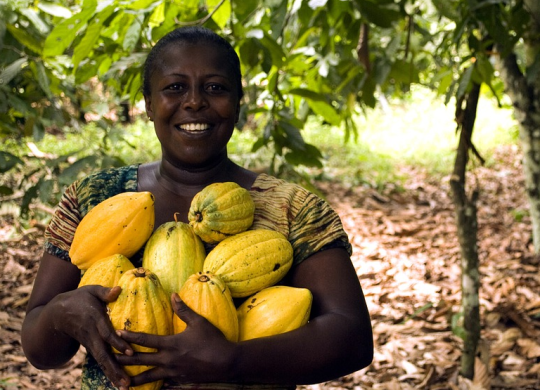
Ghana is a small country in West Africa, located on the coast of the Gulf of Guinea. The medical sector is the most promising in this African country. Ghana spends on average about six percent of its GDP on healthcare infrastructure. It should be noted that local production of pharmaceuticals and medical equipment is very limited here. The country depends on imports for about 85 percent of its total consumption of health services. Most medical services are controlled by government bodies, namely the Ministry of Health of Ghana.
Medical infrastructure includes:
• medical centers and clinics;
• ambulance stations;
• district hospitals and polyclinics;
• regional clinics, outpatient treatment abroad;
• highly specialized medical institutions.
Ghana is one of the first African countries to introduce nationwide health insurance (NHIS) for local residents, which has significantly improved the health situation in the country and increased access to healthcare for the poorest segments of the population. With NHIS, you no longer need to pay out-of-pocket for medical services.
Public and private medicine in Ghana
Public hospitals in Ghana are generally funded by government agencies. But many ex-pats note that the quality of clinics in Ghanaian cities is very low compared to medical facilities in Western countries. Access to healthcare services in the public sector varies. Large urban centers such as Acre have numerous hospitals, clinics, and 24-hour pharmacies. Leading public hospitals are located in many areas, such as:
1. Asante Mampong Public Hospital in the Ashanti region.
2. Abokob District Hospital, Greater Accra Region.
3. Ketu South Municipal Hospital, Volta City.
4. Behem State Hospital, Brong-Ahafo District.
In addition, it should be noted that most rural areas are isolated and do not have access to medical facilities. Thus, residents opt for traditional African therapies (such as herbal medicine) rather than traveling to other cities for help.
Private medical institutions complement the public sector. Ghana is always striving to increase the participation of private medicine in the health system. Private hospitals in this country offer a better approach to treatment using modern equipment. The leaders include:
1. Asafo Adjei Private Hospital, Ashanti.
2. Bemua Royal Hospital in Great Acre.
3. Private clinic of St. Patrick in the Volta region.
In addition, waiting times in private clinics are much shorter, and much medical staff are highly qualified and speak English.
Advice for travelers to Ghana: the importance of insurance and other tips
An important condition for foreign citizens, when planning a trip to Ghana, should be the purchase of insurance. Ghana travel insurance covers certain expenses incurred while traveling abroad. In some cases, health insurance is provided by the employer as part of the employment package in Ghana.
The insurance policy must be of international standard and the higher the amount of coverage, the better, especially in the current conditions associated with COVID-19. Another condition is that the term of the insurance should not end earlier than the period of stay in the country. In addition, such a policy should include evacuation services in case it becomes necessary to move to another country or return home for treatment.
You can purchase medical insurance on the website, where you can choose this service of several categories, as well as get travel insurance with covid coverage. Thus, treatment abroad services are provided not directly at the local hospital in Ghana, but through the host, the company indicated in the health insurance. This is the guarantee of a safe trip, where you do not have to worry about how to pay any bills as a result of a sudden deterioration in health.
Malaria, as, indeed, in all African states, is a serious health problem. That is why there is a need to take a course on antimalarial drugs and take special mosquito repellents on the road.
Pharmacies can be easily found in any accessible city in Ghana, and some of them are open around the clock. But foreigners need to take into account that only a part of pharmacies is licensed to dispense prescription drugs. There are serious concerns that drug kiosks in Ghana may be selling counterfeit or substandard medicines. The safest option is to purchase medicines from reputable hospitals and clinics in Ghana.
Recommended articles
4 min
Treatment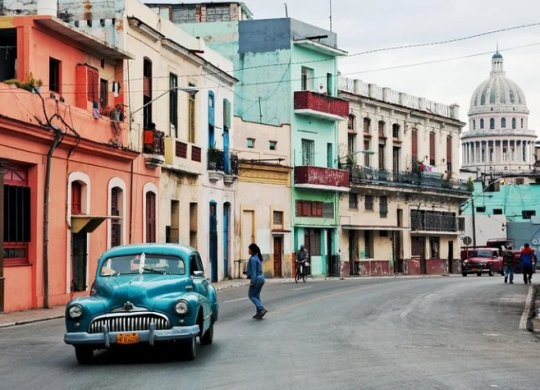
2 min
Treatment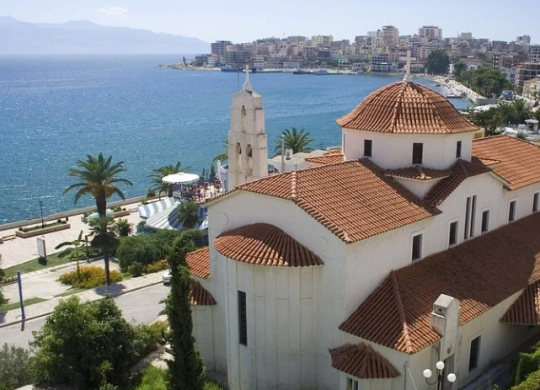
Health tourism Albania: Why do foreign patients love medical tourism in Albania?
In recent years, Albania has been actively developing as a center of medical tourism. The country offers cosmetic and medical procedures that attract more and more people. Find out why foreign patients are attracted to medical tourism in Albania
07 Nov. 2024
More details2 min
Treatment
Health insurance and healthcare system in the Netherlands: complete guide for expats
Health insurance in the Netherlands is one of the first and most important formalities after moving, which determines access to doctors, treatment, tests and medical services in the country. Find out how to apply for a policy, when to register, how much insurance costs, how a family doctor works and much more useful information for foreigners abroad
01 Dec. 2025
More details5 min
Treatment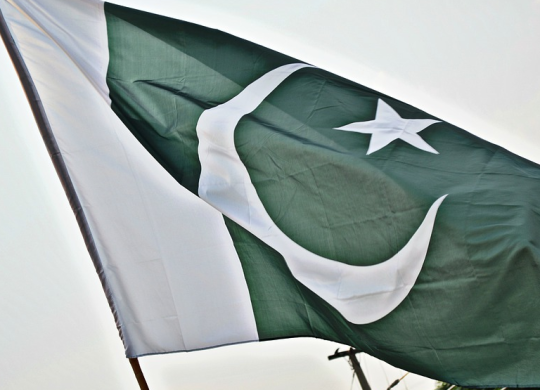
5 min
Residence permit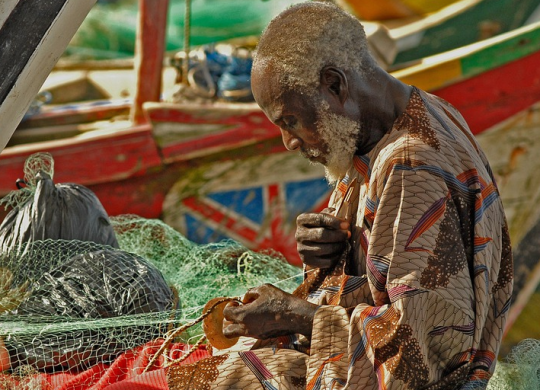
All materials and articles are owned by VisitWorld.Today and are protected by international intellectual property regulations. When using materials, approval from VisitWorld.Today is required.